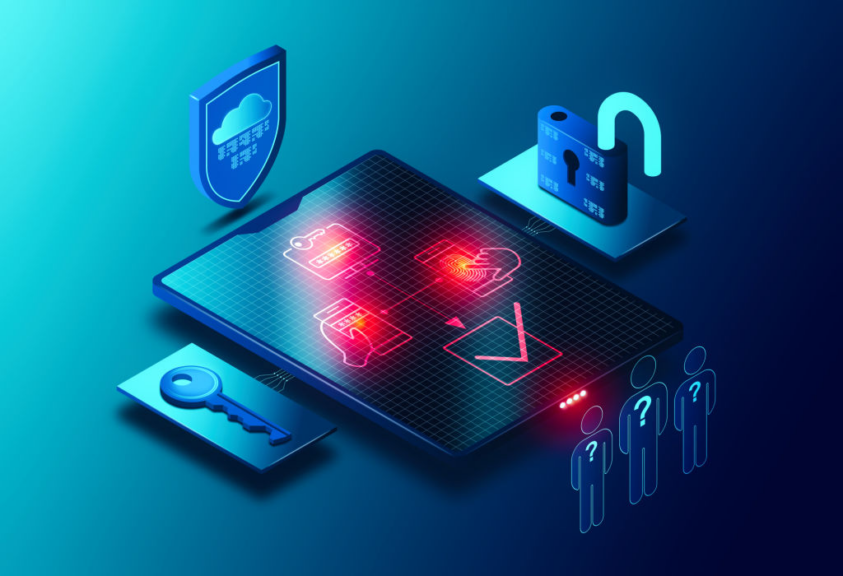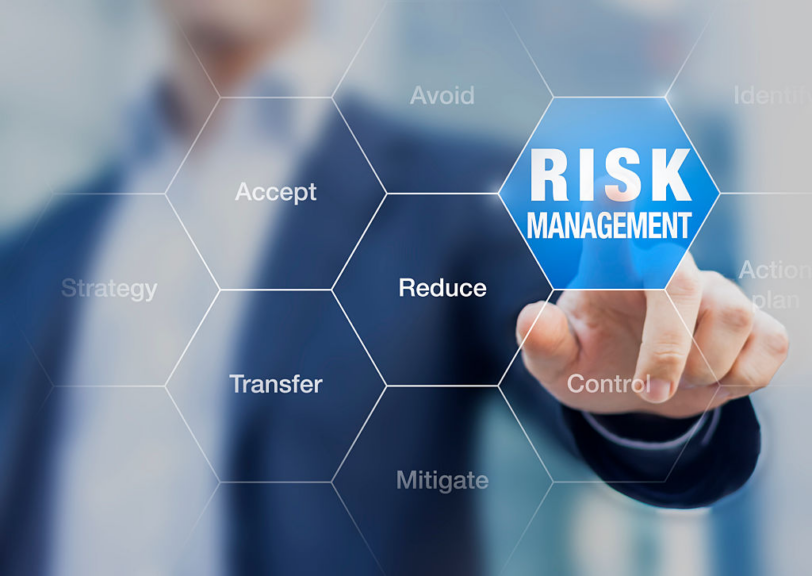As guardians of vast amounts of sensitive policyholder data, insurance companies are prime targets for cybercriminals. The consequences of a breach can be catastrophic, not just in terms of financial loss but also the erosion of trust amongst policyholders.
Recognizing the critical need for robust digital defenses is the first step toward mitigating risks and ensuring the integrity and security of digital insurance platforms. This exploration into the top strategies for strengthening digital defenses in the insurance sector is both timely and essential and aimed at equipping insurance providers with the knowledge and tools to protect their digital ecosystems effectively.
The strategies outlined below provide a roadmap for life and non-life insurers seeking to strengthen their digital defenses, laying the foundation for a secure and prosperous digital future.
1. Implementing Rigorous Training Protocols for Staff
Human error remains one of the most significant vulnerabilities in the cybersecurity defense mechanism. Insurance companies must invest in comprehensive and ongoing training programs for all staff members.
These programs should cover the basics of cybersecurity, the importance of strong password practices, identifying phishing attempts, and the proper protocols for reporting potential security breaches. Moreover, specialized training for IT staff is crucial, ensuring they are equipped with the latest knowledge and tools to detect and respond to cyber threats effectively. Creating a culture of security awareness within the organization can significantly reduce the risk of breaches caused by human error.
Engaging staff in regular training sessions and simulations of cyber-attack scenarios can prepare them to act swiftly and decisively in the event of an actual attack, thereby minimizing potential damage.

2. Leveraging Advanced Cybersecurity Technologies
The foundation of a robust digital defense strategy lies in the adoption of cutting-edge cybersecurity technologies.
Artificial Intelligence (AI) and Machine Learning (ML) are at the forefront offering unparalleled capabilities in detecting and neutralizing threats before they can cause harm. These technologies are capable of analyzing vast amounts of data at an unprecedented speed, identifying patterns and anomalies that might indicate a cybersecurity threat. Another essential technology is the use of Blockchain for enhanced data integrity and security. By decentralizing data storage, blockchain technology makes it significantly more challenging for cybercriminals to compromise data integrity. Furthermore, the implementation of advanced encryption techniques ensures that even if data is intercepted, it remains indecipherable and useless to unauthorized parties.

3. Establishing a Comprehensive Incident Response Plan
Insurance companies need to have a well-defined and tested incident response plan in place. This plan should outline the steps to be taken immediately after the detection of a breach, including the containment and eradication of threats, recovery of compromised systems, and notification of affected policyholders and regulatory bodies. The plan must also designate specific roles and responsibilities to members of the incident response team, ensuring a coordinated and efficient reaction to security incidents. Regular drills and simulations of cyber incidents should be conducted to test and refine the response plan, ensuring that when a real incident occurs, the response is swift, effective, and minimally disruptive to operations.
4. Embracing Regulatory Compliance and Best Practices
Regulatory frameworks and industry best practices offer valuable guidelines for strengthening digital defenses for insurers. Insurance companies must stay abreast of evolving regulations and adapt their cybersecurity strategies accordingly. This involves conducting regular security audits, vulnerability assessments, and risk analyses to identify and address potential weaknesses in their digital defenses.
Moreover, adopting industry best practices, such as the establishment of a security operations center (SOC) and the implementation of multi-factor authentication (MFA), can significantly enhance the security posture of digital insurance platforms. By embracing regulatory compliance and best practices, insurance companies not only protect themselves against cyber threats but also build trust with policyholders by demonstrating a serious and proactive approach to data security.

5. Prioritizing Data Privacy and Protection
Protecting consumer data is paramount, not just to comply with regulations, but more importantly, to maintain the trust and confidence of policyholders. This involves implementing stringent data access controls to ensure that only authorized personnel have access to sensitive information.
Encryption of data at rest and in transit should be standard practice, making it indecipherable to unauthorized parties even in the event of a breach. Furthermore, insurance companies should adopt a data minimization policy, collecting only the information necessary for the purpose it is being used for and securely disposing of it when it is no longer needed.
Regular audits and monitoring of data handling practices can help identify and rectify potential vulnerabilities, ensuring the privacy and protection of policyholder data.
By leveraging advanced technologies, investing in staff training, establishing comprehensive incident response plans, embracing regulatory compliance, and prioritizing data privacy, insurance companies can build a resilient digital fortress capable of withstanding the myriad of cyber threats they face. This commitment to cybersecurity is not just about protecting business assets; it is about safeguarding the trust and confidence of policyholders, ensuring the integrity and security of the overall insurance ecosystem.
For over two decades, Pointwest has been partnering with some of the world’s largest and most recognized companies to bridge the gap between today’s challenges and future possibilities through practical, tailored solutions that deliver transformation with speed and accuracy.
Connect with us at [email protected] and learn more about how Pointwest can help secure your business.




